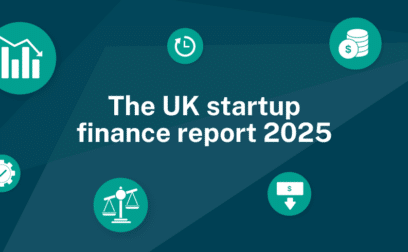Definition
Inflation refers to the sustained increase in the general price level of goods and services within an economy over a specific period of time.
What is inflation
In simpler terms, it means that over time, the cost of goods and services tends to rise, causing the purchasing power of money to decrease. This rise is commonly measured using the inflation rate, which indicates the percentage increase in prices over a given period, usually a year.
Inflation can have a significant impact on various aspects of an economy and personal finances. Here’s how it works and its effects:
1. Causes of inflation: Inflation can be caused by several factors, including increased demand for goods and services, rising production costs (such as wages and raw materials), and changes in the supply of money within the economy. Central banks, like the Bank of England in the UK, play a role in managing inflation by adjusting interest rates and implementing monetary policies.
2. Effects on purchasing power: As prices rise, the purchasing power of money diminishes. This means that the same amount of money will buy fewer goods and services than it could in the past. Individuals and households might find that their savings and incomes don’t stretch as far, impacting their ability to afford necessities and discretionary expenses.
3. Impact on investments: Inflation can affect investments and savings. Assets that don’t keep pace with inflation can lose value in real terms. For instance, if your investments earn a lower return than the inflation rate, your purchasing power could erode over time.
4. Wage inflation: Rising prices often lead to demands for higher wages to maintain the same standard of living. If wages rise faster than productivity, it can contribute to overall inflationary pressures.
5. Uncertainty: High or unpredictable inflation can create economic uncertainty. Businesses may struggle to plan for the future, and consumers might delay spending if they expect prices to continue rising.
6. Interest rates: Central banks often adjust interest rates to manage inflation. Higher interest rates can help reduce borrowing and spending, which can slow down inflation. Conversely, lower interest rates can stimulate borrowing and spending, potentially increasing inflation.
7. Savers and borrowers: Inflation can have varying effects on different groups. Savers might see the real value of their savings decline, while borrowers with fixed-rate loans could benefit if inflation erodes the real value of their debt.
8. International trade: Inflation can impact a country’s competitiveness in international trade. If a country’s inflation rate is much higher than that of its trading partners, its exports might become less attractive due to higher costs.
Example of inflation
Let’s consider a short example of inflation and how it affects the prices of goods and services:
In year 1, the price of a standard basket of goods and services, which includes items like food, clothing, and housing, is £100.
Due to various economic factors, including increased demand, production costs, and monetary policies, the inflation rate for the economy is 5%.
In year 2, with a 5% inflation rate, the prices of goods and services increase. The new price of the same basket of goods and services is calculated as follows:
New price = Initial price x (1 = inflation rate)
New price = £100 x (1 + 0.05) = £105
As a result of inflation, consumers need to spend £105 to purchase the same basket of goods and services that cost £100 in the previous year.
If you want to find out how inflation affects you, try our inflation calculator today.


































 yet? Register here!
yet? Register here!